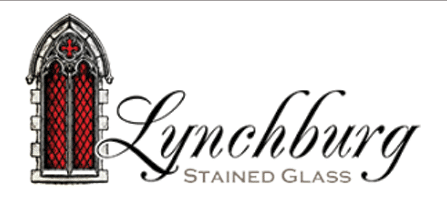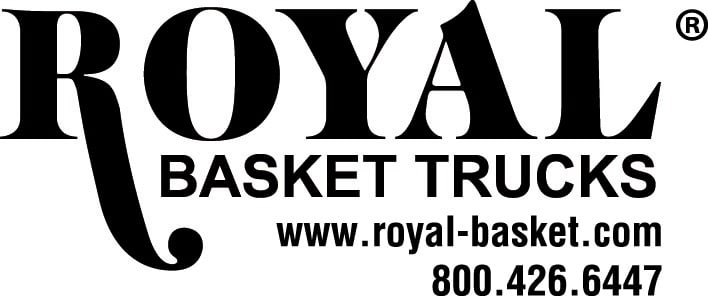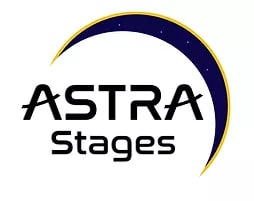Walk into any church midweek, and you’ll likely find quiet hallways, empty classrooms, and fellowship halls waiting for the weekend to roll around. While Sundays remain central to most congregations, the reality is that many church campuses sit underutilized five or six days out of the week.
In today’s economic landscape, where many congregations are seeking ways to support their mission while maintaining financial sustainability, renting out space to a daycare or preschool can offer a win-win solution. It brings young families onto the property, generates consistent income, and serves the broader community in a meaningful way.
But this type of partnership isn’t as simple as signing a lease and handing over the keys. Structuring a real estate agreement with a daycare provider – especially one unaffiliated with the church – requires careful planning, due diligence, and a clear understanding of zoning, liability, and long-term impacts.
Here are four key elements to keep in mind when entering into these types of agreements.
- Zoning and Code Compliance: Know What’s Permitted
The most critical first step is understanding the zoning restrictions for your property. Many churches are in areas zoned for institutional or religious use, and while religious-affiliated childcare may fall under an “auxiliary use,” third-party daycare operations may not.
If a church chooses to run its own daycare under its nonprofit umbrella, zoning issues are typically more straightforward. However, if you plan to lease to an independent, for-profit daycare provider, you may find that local zoning ordinances prohibit or heavily restrict this type of commercial activity on your campus.
In addition to zoning, occupancy codes can present hurdles. Cities and counties often have strict requirements about the number of square feet per child, outdoor space ratios, and fire and life safety regulations. What may seem like a perfect use of an unused classroom could require significant upgrades to meet local codes.
We recently helped a church in Chicago sell its property where a portion of it was leased to a Montessori school. Because the school operated as a separate, for-profit entity, the city required that portion of the building to be placed on the tax rolls, even though the rest of the property retained its religious exemption. To protect the church’s financial interests, the lease was structured so that the tenant paid 1/12 of the annual real estate taxes as part of their monthly rent. It’s a strong reminder that even well-intentioned arrangements can have unintended financial consequences, and structuring leases carefully can help protect the church from those risks.
- Clearly Define the Lease Structure and Relationship
When a church leases to a daycare, it’s crucial to establish a clear landlord-tenant relationship that protects both parties. This starts with a comprehensive lease agreement that outlines not just rent and term, but use of shared spaces (e.g., playgrounds, bathrooms, parking), insurance requirements, maintenance responsibilities, and emergency procedures.
It’s important to clarify who is responsible for what – from cleaning to security to liability. In many cases, churches have concerns about liability exposure. Requiring a daycare to carry adequate general liability and workers’ compensation insurance, naming the church as an additional insured, is a must. A good attorney with experience in nonprofit and real estate law can help craft a lease that avoids ambiguity and keeps both sides protected.
If the daycare is a ministry of the church rather than a separate business, those distinctions matter even more – blurring lines between tenants and ministries can create both tax and legal implications.
- Understand the Impact on Your Property’s Tax-Exempt Status
Churches often operate under a property tax exemption because their use is considered religious or charitable. Introducing a for-profit daycare operation – especially one that is not tied to the church’s mission – could potentially jeopardize a portion of that exemption.
Every state has its own guidelines around property tax exemptions and unrelated business income. If the daycare is not part of the church’s ministry, a portion of the property used for profit-generating purposes may become taxable. This doesn’t mean the entire campus becomes ineligible, but churches should work with a knowledgeable advisor or tax consultant to ensure they’re in compliance and prepared for any implications.
- Design for Long-Term Flexibility
While a daycare partnership can be a valuable asset, circumstances can change over time. For example, congregational needs may grow, leadership may shift, or a daycare provider could choose not to renew their lease. It’s important to structure agreements that allow for flexibility and future use of the space.
For example, consider incorporating use restrictions or time limits into the lease. Ensure that the church retains access to certain spaces during evenings or weekends if needed. And avoid permanent modifications that would make it difficult or costly to reclaim the space for ministry use down the line
We often recommend leases with renewal options that favor the church and termination clauses tied to mission needs. This helps churches maintain stewardship over their property while still benefiting from steady rental income.
Closing Thoughts
The idea of leveraging unused church space isn’t new, but in today’s climate, it’s more relevant than ever. Done thoughtfully, partnering with a daycare can bring life and energy to your campus throughout the week, introduce new families to your ministry, and provide a reliable income stream to support your broader mission.
As someone who has worked with multiple denominations, extension funds, lenders, and schools over the years, I’ve seen both the opportunities and the pitfalls of these arrangements. The key is to think beyond just “renting out space” and treat the decision with the same prayerful discernment, strategic planning, and professional guidance you would apply to any major ministry decision.
Whether you’re exploring this idea for the first time or already in conversation with a daycare provider, I’d encourage you to take the time to understand the zoning implications, protect your nonprofit status, and put a well-structured lease in place. By doing so, your church can turn an underutilized space into an asset that blesses both your congregation and your community.
Matt Messier, SIOR, CCIM, leads Foundry Commercial’s Mission Property Group and has guided more than 3,000 religious, educational, and nonprofit organizations in the acquisition, disposition, and consultation of real estate assets nationwide, www.foundrycommercial.com. He has worked alongside numerous denominations and extension funds, creating scalable strategies for long-term stewardship of mission-aligned properties.












